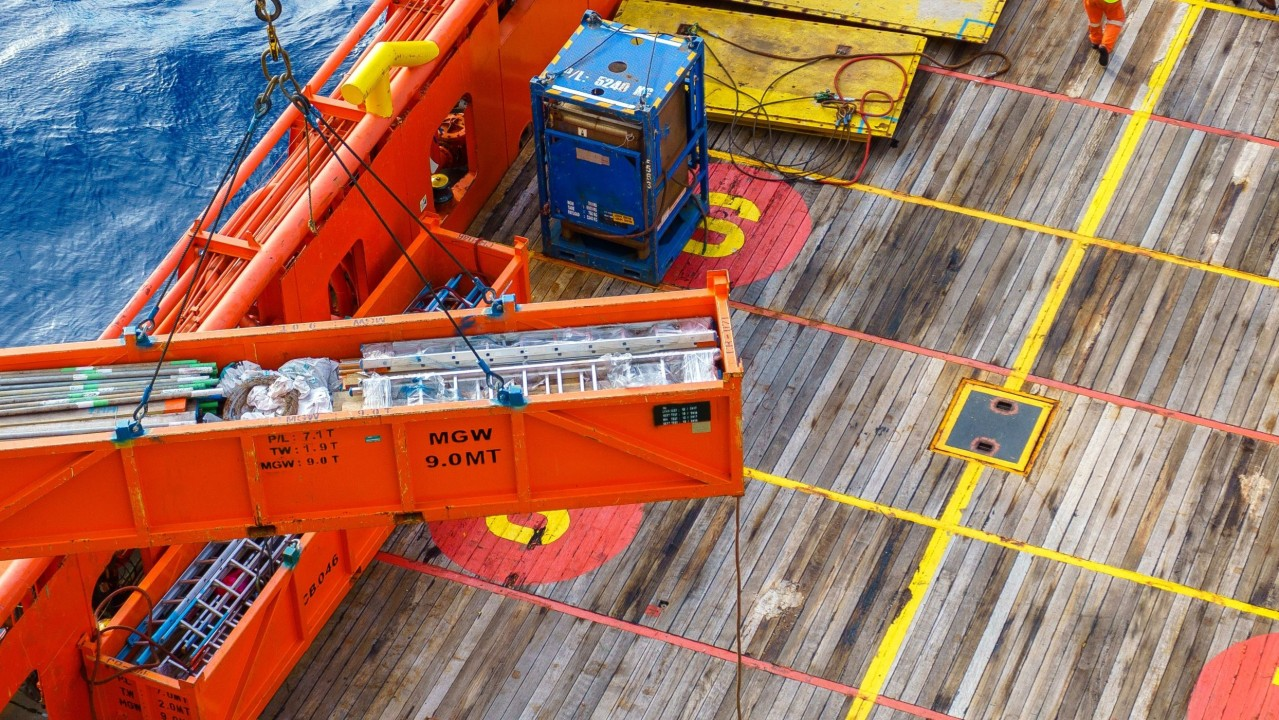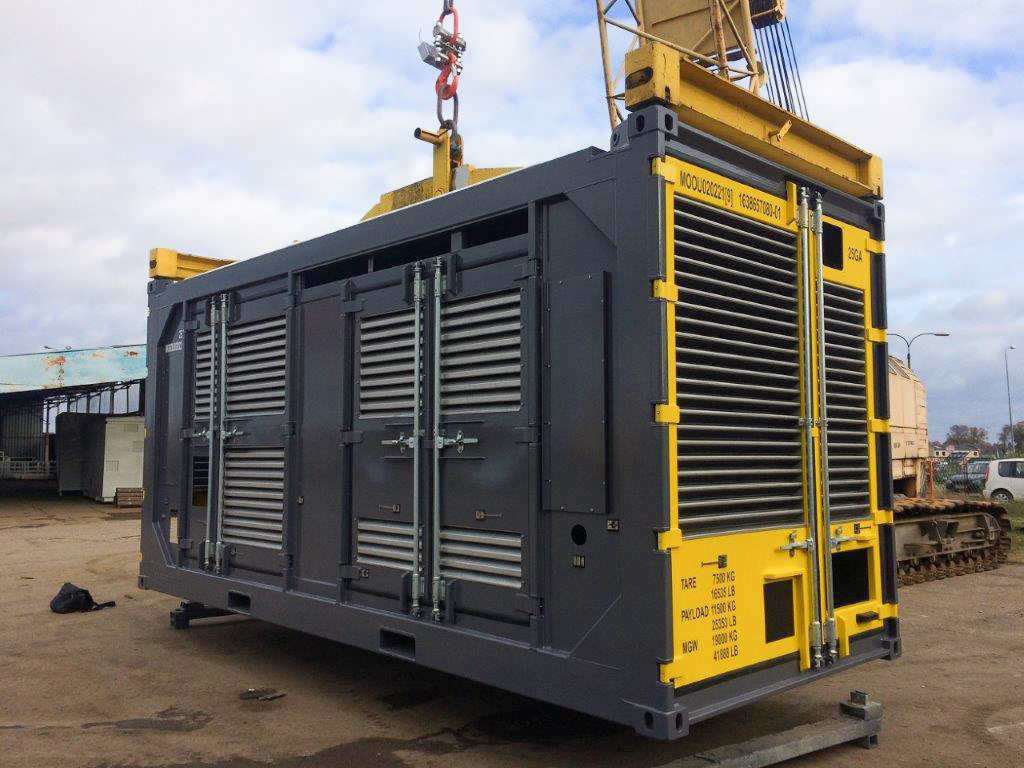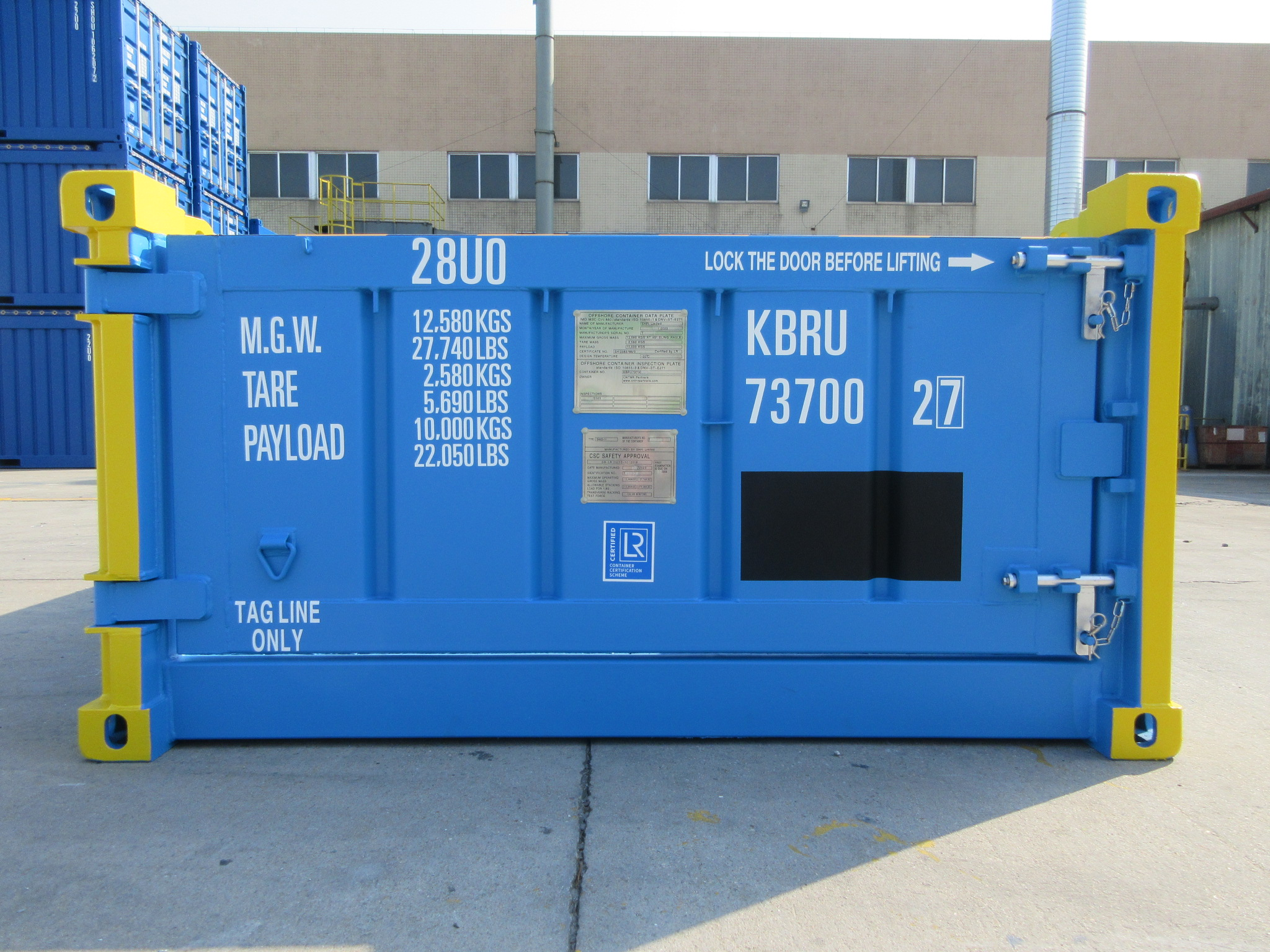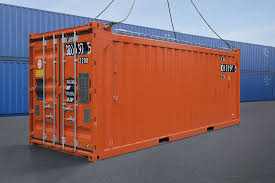Portable and modular buildings have become increasingly popular in the United Arab Emirates (UAE) due to their cost-effectiveness, flexibility, and rapid construction capabilities. These structures serve various purposes, including residential housing, commercial offices, and temporary facilities. However, to ensure safety and compliance, it’s essential to adhere to the UAE’s regulatory requirements for construction and transportation.
Building Permits and Licenses
Before installing a portable or modular building in the UAE, obtaining the necessary building permits and licenses is crucial. Each emirate has its own regulatory body and specific procedures:
Emirate-Specific Regulations
- Dubai: In Dubai, the Dubai Municipality oversees building permits. Applicants must submit detailed architectural and structural plans, along with environmental impact assessments. The process includes obtaining No Objection Certificates (NOCs) from relevant authorities.
- Abu Dhabi: The Department of Municipalities and Transport is responsible for issuing building permits in Abu Dhabi. The application requires comprehensive documentation, including soil test results and topographic maps. Coordination with various departments ensures compliance with local regulations.
- Other Emirates: Emirates such as Sharjah, Ras Al Khaimah, and Fujairah have their own municipalities that handle building permits. While procedures may vary, common requirements include submitting detailed plans, environmental assessments, and obtaining necessary NOCs.
Required Documentation
To streamline the permit application process, prepare the following documents:
- Architectural and Structural Plans: Detailed drawings outlining the design and structural integrity of the building.
- Soil Test Results and Topographic Maps: Assessments to ensure the suitability of the site for construction.
- Environmental Impact Assessments: Reports evaluating the potential environmental effects of the project.
- No Objection Certificates (NOCs): Approvals from relevant authorities, such as utility providers and civil defense departments.
Application Process
The general steps for obtaining a building permit include:
- Submission Procedures: Submit the required documentation to the respective municipal authority. Ensure all forms are accurately completed to avoid delays.
- Fee Structures: Pay the applicable fees, which may vary depending on the project’s size and complexity.
- Expected Timelines for Approval: Processing times can differ by emirate; it’s advisable to consult local authorities for specific timelines.
Transportation Permits
Transporting modular units requires careful planning and adherence to regulations to ensure safety and compliance.
Vehicle Licensing
- Requirements for Transport Vehicles: Vehicles must be suitable for carrying oversized loads and comply with UAE road safety standards. Regular maintenance checks are mandatory to ensure roadworthiness.
- Ensuring Compliance with Road Safety Standards: Transport vehicles should be equipped with appropriate signage, lighting, and safety features to handle the modular units securely.
Driver Qualifications
- Necessary Driving Licenses: Drivers must possess valid licenses appropriate for heavy or specialized vehicles.
- Training and Certification Processes: Operators should undergo specific training to handle the transportation of modular buildings, ensuring they are aware of safety protocols and regulations.
Route Approvals
- Coordinating with Local Transport Authorities: Engage with authorities to plan optimal routes that accommodate the size and weight of the modular units.
- Obtaining Permits for Oversized or Heavy Loads: Special permits may be required for transporting large modules, especially if they exceed standard dimensions or weights.
National Transportation Vehicle Permit
For land transportation of goods, including modular buildings, obtaining a national transportation vehicle permit is essential:
- Application Process: Submit an application through the Ministry of Energy and Infrastructure’s online portal, providing necessary vehicle and cargo details.
- Relevant Authorities and Documentation Required: Ensure all vehicle registrations, driver certifications, and cargo specifications are up-to-date and submitted as part of the application.
Environmental and Safety Compliance
Adhering to environmental and safety standards is paramount in the UAE’s construction industry.
Sustainability Certifications
- Importance of LEED and Estidama Certifications: These certifications promote sustainable building practices, ensuring energy efficiency and minimal environmental impact.
- Steps to Achieve These Certifications: Incorporate eco-friendly materials, efficient energy systems, and sustainable design principles into the modular buildings.
Safety Standards
- Adherence to Civil Defense Regulations: Ensure buildings meet fire safety standards, including the installation of appropriate fire suppression systems and accessible emergency exits.
- Fire Safety and Structural Integrity Requirements: Regular inspections and maintenance are necessary to uphold the building’s safety and structural soundness.
Additional Considerations
Beyond permits and transportation, consider the following factors:
Utility Connections
- Procedures for Obtaining Connections: Coordinate with local utility providers to secure water, electricity, and sewage services.
- Coordination with Utility Providers: Early engagement with providers can prevent delays and ensure seamless integration of services.
Renewal and Maintenance of Permits
- Validity Periods of Various Permits: Be aware of the expiration dates of all permits to ensure continuous compliance.
- Processes for Renewal and Compliance Checks: Regularly review and renew permits as required, and stay informed about any changes in regulations.
Successful implementing portable and modular buildings in the UAE requires meticulous planning and strict adherence to regulatory requirements. Engaging with local authorities early in the planning process and ensuring all necessary permits and approvals are obtained will facilitate a smooth project execution.




